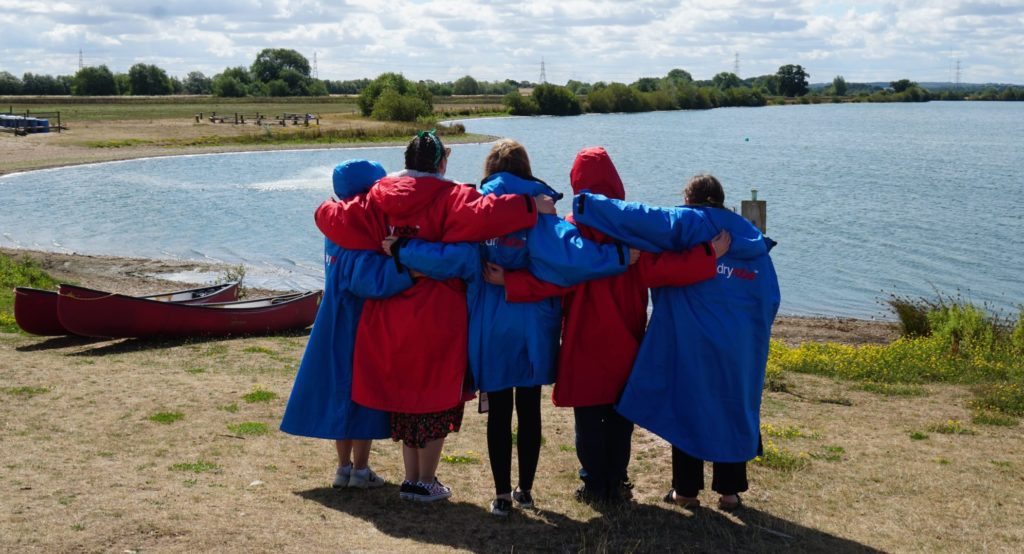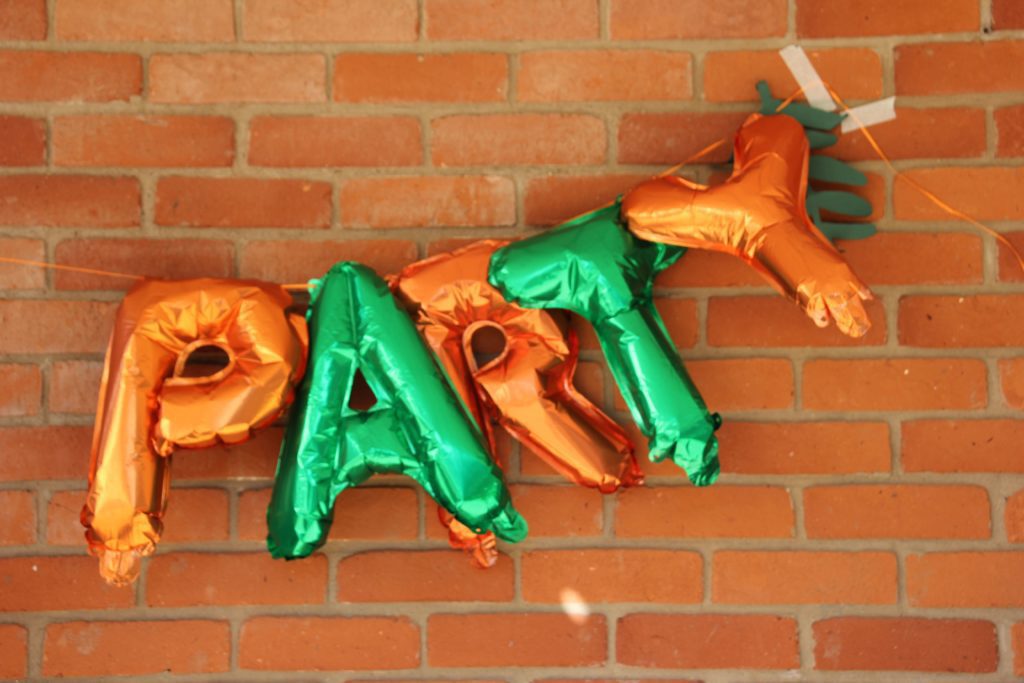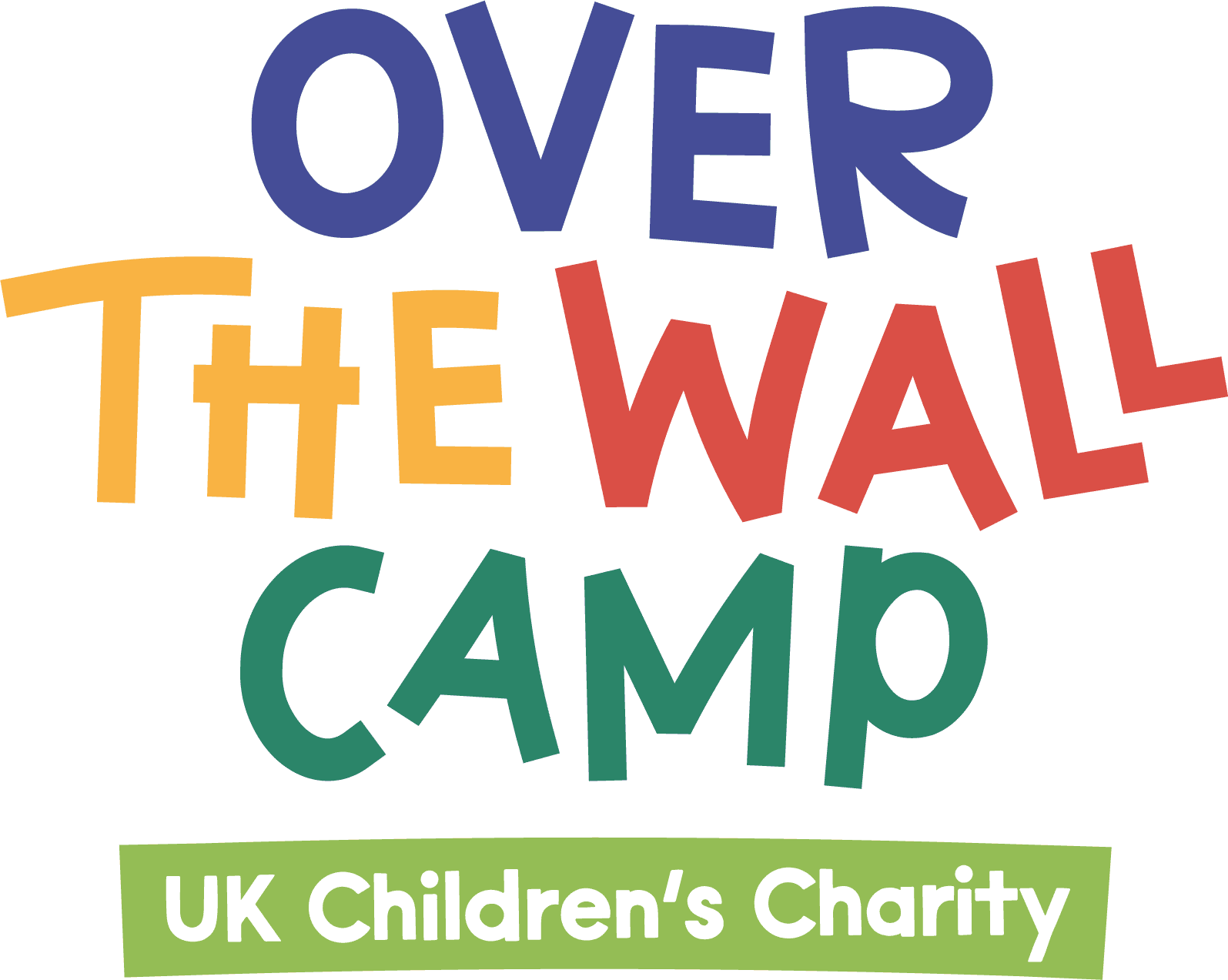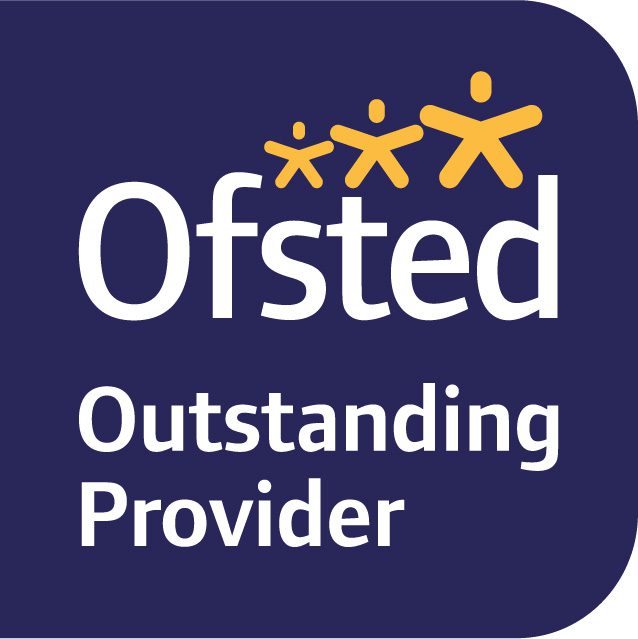Allergy awareness week seeks to bring attention to the many people living with allergies. In the U.K, an estimated 2 million people are living with a diagnosed food allergy. Reactions to food can range from mild to severe with symptoms including rashes, swelling and anaphylaxis. Cow’s milk allergy affects two to three out of 100 babies. Most babies grow out of it, but not all do. Ellie’s son, Rowan, has it, along with other food allergies. To increase food allergy awareness, we asked her to tell us a bit about life with food allergies and the hidden impacts that can affect children with an allergy.
Rowan's Diagnosis
Rowan is eight years old and is allergic to dairy, sesame and certain types of nuts. He was previously allergic to soya and legumes. Dairy is probably the most difficult to avoid as the proteins in dairy are small and can easily transfer to other surfaces which he could touch and react to.
I gave Rowan cashew butter on toast on his second day of weaning which his sister was happily eating. He had a massive allergic reaction and went to hospital in an ambulance. Doctors treated him in A&E and then they sent us home, but no one followed up with us. They told us to avoid tree nuts, but we didn’t know then that Rowan was allergic to dairy. We gave him new things to try and then he’d be really ill, so it was a real trial and error to find out what he was allergic to. We asked to be fast tracked but we weren’t. He wasn’t seen until about a year later which is when they did the skin and blood tests.
In that time Rowan was really poorly and had eczema all over his body which made him really uncomfortable. He didn’t sleep very much and was very unsettled. I was breastfeeding him at this point — I cut out dairy but he was still sick every day after almost every meal.
If Rowan has an exposure to dairy, he takes Cetirizine immediately. He takes this regularly as he often breaks out in hives, most likely from touching a surface with dairy on it. He also has EpiPens in case his body has a catastrophic reaction to it. Avoidance is the treatment of choice.
Living with allergies
Managing day-to-day
We’re as open with Rowan as we can be. We’ve never explicitly told him the worst thing that could happen, but he understands he would be really poorly if he ate something he was allergic to.
He knows how to use his EpiPens and he trains other people how to use the pens too, like his Cub leader. He definitely takes responsibility! We talk about it as much as we can, including any disappointment or upset when he gets left out of things.
It’s easy to manage day-to-day in a certain sense because we cook and prepare almost 100% of his meals, including his packed lunches. I think the hardest part about allergies is the anxiety. Rowan’s a bit better at recognising things now but when he was in infant school it was difficult if someone gave him something he was allergic to. Even though the school knew and we’d gone in and trained them on EpiPens, things can still happen. One day they’d given the class lollies. We’d known about it and told them they must check the packaging. We weren’t able to do it as we didn’t know which lollies they were beforehand. They gave Rowan a lolly with milk in. Even though we’d done everything we could – we emailed the school and talked to the teacher, they still gave him one with milk in.
Every day is fine because we know what he can eat. There’s a lot more faff involved at home like more handwashing, separating food in the fridge and separate chopping boards but we’re so used to that I wouldn’t say it’s a big deal. We have to put in an extra level of effort that other families may not have to worry about as much. When Rowan started school, they said they knew how to deal with allergies, but I had to make sure for myself. I wanted to know that they were listening to me and I had a meeting with the headteacher to talk about it.
I just thought if I didn’t do everything I possibly could do, then how could I ever live with myself if something catastrophic happens? It’s not a nice or pleasant way to be thinking but there is no other way when your child has a life-threatening allergy.
Growing up
I think when he’s older it will be more of a burden for him than it is now. At the moment he doesn’t really have to worry about it because we’re managing his food intake for him. I think when he’s a teenager it might change. When he wants to go out and eat McDonald’s in town with his friends, that’s when it will start to hit him. At some point, probably when he starts secondary school, he’s going to have to be saying in class that he can’t touch or eat things and will have to remember to carry his EpiPen with him — he doesn’t have to do that now.
Every day I feel so incredibly lucky that we’re all well and things are going OK for us. From working in intensive care, I see families whose life turn on a sixpence. I’m aware of that potential catastrophic event that could happen. That’s why we do all these things like checking ingredients to avoid that situation happening.
Food allergy awareness is growing
There’s a genuine growing awareness to be more inclusive, but despite the new laws that have come in, there’s still a varying understanding of allergies. Most restaurants have allergen menus, but they vary so much in how helpful they are. Some are so cautious about it that they label everything on their menu as ‘may contain…’ which we can’t risk Rowan eating. The most helpful allergen menus have all the ingredients listed, no matter how small.
The way allergens are listed makes a huge difference. For example, some pubs have allergen menus on tablets, where you can select the allergen you want to avoid. Rowan wouldn’t be able to eat a roast dinner with cauliflower cheese because of the dairy, but he could have the roast dinner without it. Yet the allergen menu will list the whole dish as off limits. It seems like common sense, but we’re often denied adjustments like that.
Sadly, some people still don’t understand the reality of severe allergies, and why would they? If it doesn’t matter to you, you don’t think about it so much. We always check beforehand whether a new restaurant or café is safe to eat so we don’t arrive disappointed. We’ve learned a lot on our journey and only go to places that we know can serve us. I’m sure people behind me in the queue think I’m just being annoying and picky, but there is life-threatening food out there that my son could eat if I don’t double check these things.
What you should know about allergies
I want people to take food allergy awareness really seriously. I want them to recognise the potential catastrophic nature of an allergic reaction and the psychosocial impact on the child too. If you’re worrying about your child’s allergy all the time it can be quite stressful for them to experience. In our house it’s almost a non-issue because we have dairy-free and nut-free alternatives to everything. What we can’t control is what happens outside of our home.
I think there is a lot of education out there, but it’s mostly of the ‘take this really seriously because it’s really serious’ type. I don’t think it’s helpful if you’re already scared of getting something wrong.
It also doesn’t cover the psychosocial impact allergies have on children and their siblings. They miss out on things at school. I’m sure there are people who don’t invite Rowan for playdates because it’s just too difficult. Those are the hidden impacts for children with allergies. It’s difficult to explain to schools that they need to take Rowan’s allergies seriously, but we don’t want them to get stressed about it. Children pick up on stress around them so easily, it’s not an environment we want to create. So, whilst it’s almost a non-issue in our home, I don’t think other people are quite there yet. That’s the change I want to see in the future around food allergy awareness.
I worry that he gets left out of some things like that. For school Christmas dinner every year I go and talk to the chef, so he can have Christmas dinner. I couldn’t go in every week and talk to her about the menu, that wouldn’t be sustainable for us.
That’s why it’s so lovely that he and his sister Gwen can go to an Over The Wall camp. There’s nowhere else they can go where they don’t have to worry about what Rowan or the people around him are eating.

Treating allergies
We’re just about to do some trials for nuts. His dairy allergy is the highest of all his allergies so we’re going to do exposure to tree nuts first. It would be great if he could eat more nuts as this would widen his diet. Dairy-free products are often nut-based, meaning he can’t eat either product. For now, the best treatment for allergies is avoidance. Rowan doesn’t have an airborne allergy like some people who can’t be in the same room as nuts. He does have a contact allergy though. This means he could have a reaction to touching a surface that has dairy on, whether visible or not. Avoiding contact and ingestion of dairy and nuts is the best way to avoid any type of reaction, including anaphylaxis.
Managing Anxiety
As a psychologist, I know the importance of looking after yourself and managing anxiety.
I think acknowledging that it’s there and to talk about it with my husband rather than avoid it always helps. My friend’s son has diabetes, so we quite often talk about having a child with health needs. I find that quite helpful because she’s the nearest person who would understand what it’s like. So, I think you use the support you have available.
I often see the worst-case scenarios and the people who are struggling the most. You can be prepared by having all the medication ready and knowing all the procedures, but it’s another thing protecting someone else’s mental health from the long or short-term impact of something like allergies.
In some ways it helps to work in healthcare as I know more about the resources available. I sit on the allergy special interest group as a professional, but I also have that first-hand experience as a parent. I understand where to get help if needed, but that never stops me worrying about the worst-case scenario.
Expectations of residential camp
I hoped that they would get the opportunity to do something really fun and they really enjoy themselves.
It will be eye-opening for them to be around other children and young people with different health needs. I think it’s really easy to think that your life is the hardest and their life really isn’t that hard. That would be quite normalising for them — just to chat to other siblings who can go, ‘yeah, it’s really annoying, isn’t it? I think that would be really good for Gwen especially. She’ll feel validated and heard. For Rowan, to be the norm rather than the exception as other campers will have EpiPens too, I think that will be really good for him.
That normalisation is quite important because you can only do so much as a family. We know someone with coeliac, we know someone with diabetes. I can’t think of anyone else we know who has an allergy and has to carry their EpiPens around. They just need to see they’re not actually weird — there’s loads of people like them.
South Camp Success!
Rowan was so excited he couldn’t wait to leave for camp. He felt safe enough to wave me goodbye because he’d seen how good the set up all was. Rowan loved getting his own meals made just for him and really enjoyed the singing! Gwen was very nervous but then had a brilliant time and enjoyed herself immensely.
For both it was a formative experience. It was the first time they were able to go somewhere where they were understood and could have fun without worrying.




